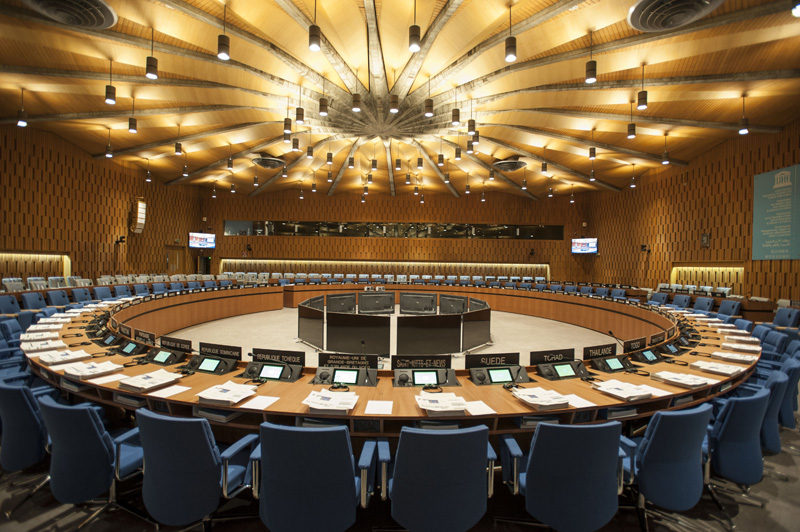Finland’s activities and objectives in UNESCO

Finland lays special stress on the importance of education, open science, diverse culture as well as freedom of expression and independent dissemination of information for democracy development and conflict prevention and resolution. Finland considers that perspectives related to the human rights-based approach, sustainable development, and the promotion of gender equality should be included in all UNESCO programmes.
Finland and the other Nordic countries are proactive and show initiative when UNESCO’s working methods are developed. The decision-making bodies’ (General Conference, Executive Board, Secretariat) effectiveness and cooperation skills play a key role in the organisation’s activities.
Finland and the other Nordic countries work in close cooperation in UNESCO matters. UNESCO has two Nordic Associate Members: The Faroe Islands and Åland, which became an Associate Member of UNESCO in 2021.
EU coordination has also strengthened in recent years. The EU wants to have a growing role in UNESCO in sectors where the Union has competence and special expertise. Cooperation is conducted with other groups of countries, too.
Finland joined UNESCO in 1956 and, over the years, has held membership of several UNESCO bodies and intergovernmental committees. Finland’s previous term as Member of the Executive Board was in 2017–2021. The Executive Board has 58 elected Members.
At the moment, Finland is a Member of the Council of the International Programme for the Development of Communication, IPDC(Link to another website.) (Opens New Window), the Intergovernmental Bioethics Committee, IBC(Link to another website.) (Opens New Window), the UNESCO Institute for Statistics, UIS(Link to another website.) (Opens New Window) and the Committee of the Hague Convention of 1954(Link to another website.) (Opens New Window) for the protection of cultural property in the event of armed conflict.
Finland has seven UNESCO World Heritage sites(Link to another website.) and three nominations in the UNESCO Lists of Intangible Cultural Heritage(Link to another website.) (Opens New Window).

